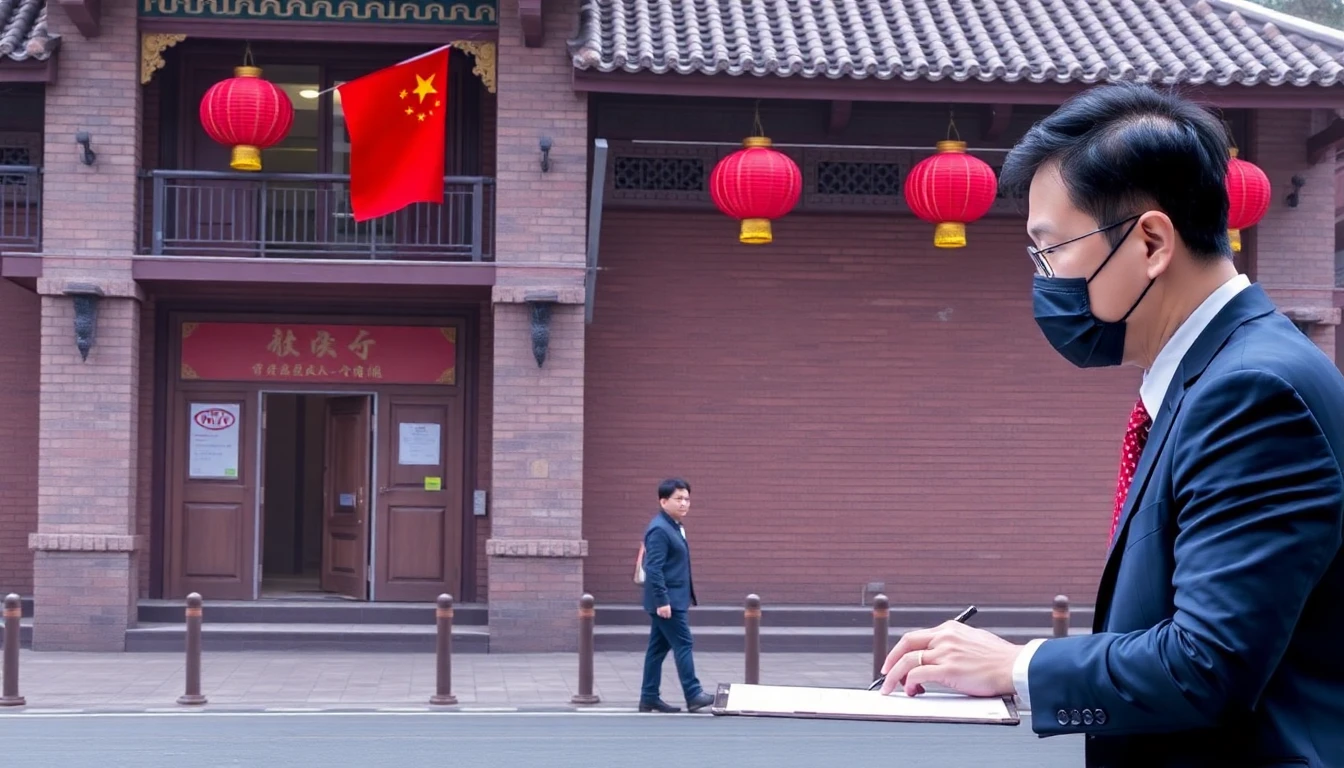
In a surprise move, China has just announced massive intervention into its fast-blowing property crisis in what appears to be a radical policy shift aimed at steadying the world's second-largest economy. This dramatic change of heart came against the background of growing unease over the impact of turbulence in the nation's property market on the country's economic stability and growth path.
The Chinese government has promised to take dramatic measures to prop up the beleaguered property sector, which had faced pressure unprecedented in recent memory, with debt mushrooming and sales anemic. The announcement marked a major about-face for the government, whose stringent regulatory stance was meant to contain rapid expansion in the sector to head off a full-scale financial crisis.
The intervention includes an array of measures put in place to improve liquidity and restore confidence in developers and buyers. The government intends to facilitate the ease of borrowing, offer financial support to cash-strapped property firms, and implement home-buying incentives. Such interventionist steps are crucial since deeper damage to China's housing market is most likely to have wider ramifications for the world economy.
The decision by China comes after a spate of defaults in recent times by major developers that shook financial markets. Probably the most conspicuous ones were by Evergrande, one of the country's largest construction and real estate companies, which also went into loss of investor confidence and exposed fault lines in the sector.
The latest government intervention has been welcomed by experts who see it as being more pragmatic towards the management of its economic difficulties. They do warn, however, that the success of these measures would largely depend on actual implementation and the wider response of the markets. In general, there is a feeling among analysts that these moves are required but may be insufficient unless complemented by even broader structural reforms if long-term stability is to be achieved.
The fallout from the property crisis has already hit hard on the ground: falling property prices, slackened construction activity, and weakened consumer confidence all pose a threat to undermine overall economic growth. It is thus that the government pledges itself not only to stabilize the property market but also to protect larger economic interests.
News has been well-received in the stock market, as property developers see their shares surge on the back of news. This shows that investors are beginning to feel optimistic again about prospects for recovery in the property sector. However, long-term prospects are still viewed with skepticism by analysts, who indicated the need for continued policy support and deep-seated structural adjustments to sort out more fundamental property market issues.
This development underlines the tightrope walk the Chinese authorities will have to make between ensuring economic stability and enforcing the much-required regulatory reforms. As the world watches with bated breath, the manner in which China manages this property crisis will have far-reaching implications for global economic trends and investor sentiment.
#China #PropertyCrisis #EconomicPolicy #RealEstate #Evergrande #MarketStability #GovernmentIntervention #GlobalEconomy #InvestorConfidence
Author: Rachel Greene




